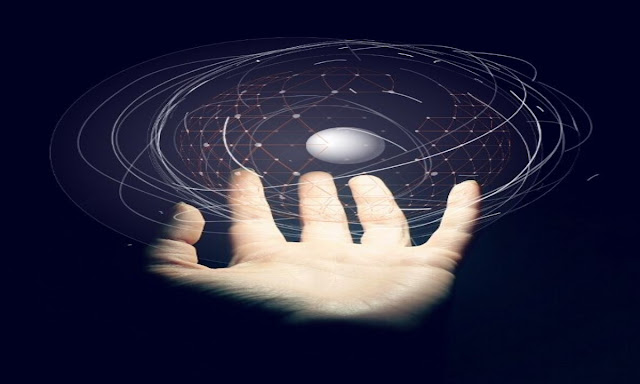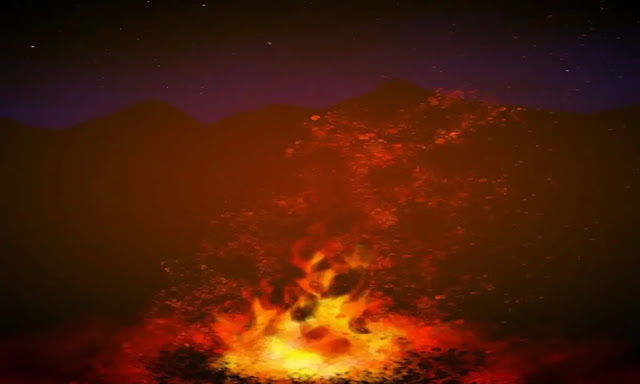What is electricity ?
What is electricity?
Electricity may be a set of phenomena produced by the movement and interaction between the positive and negative electrical charges of physical bodies.
The word "electricity" comes from the Latin electrum, and successively from the Greek élektron, or amber. The regard to amber comes from a discovery recorded by the French scientist Charles François de Cisternay du Fay, who identified the existence of two sorts of electric charges (positive and negative). Positive charges were manifested by rubbing glass, and negative charges by rubbing resinous substances like amber.
The energy produced by electric charges can happen in four areas: physical, luminous, mechanical and thermal.
While electricity is abstract or "invisible" in most of its manifestations, like within the systema nervosum of the person , it's possible to "see it" sometimes , like lightning when a robust storm develops.
Electricity may be a secondary energy source
Primary energies are people who are obtained directly from nature: solar, hydraulic, wind, geothermal, biomass, oil, gas or coal.
The secondary energies come from the transformation of primary energy for direct consumption, or other uses: gasoline, electricity, diesel, fuel oil ...
How is electricity produced for consumption?
Electricity is produced by electrical systems that guarantee its availability.
An electrical system is that the set of elements that operate during a coordinated manner during a given territory to satisfy the demand of electricity of consumers.
Electrical systems are often basically classified as follows:
- Generation centers or plants where electricity is produced (nuclear, hydroelectric, combined cycle, wind farms, etc.).
- High voltage electrical power (AT) transport lines.
- Transformer stations (substations) that reduce the road voltage or voltage (high voltage / medium voltage, medium voltage / low voltage).
- Medium and low voltage distribution lines that take electricity to the points of consumption.
- Electric center from which the energy generation and transport system is managed and operated.
Uses and applications of electricity
Electricity is an important source of energy. In any home there are all types of appliances and appliances that employment with current , additionally to the lighting system.
In industry, almost half the energy consumed is electrical . Electricity is employed both as a driving source for the electrical motors of machines and devices in each sector, and for heating the contents of tanks, tanks and boilers. As within the domestic sector, electricity is additionally the most source of lighting, and allows to get heat and cold with air con equipment.
within the field of transport, the tram, subway or train are the means of electrical transport par excellence. Electric vehicles are currently being designed primarily for urban uses, also as vehicles called "hybrids" during which the electrical motor is combined with an explosion motor, in order that it enjoys the benefits of both energy sources. With an easy power plug, the battery are often recharged.






Comments
Post a Comment